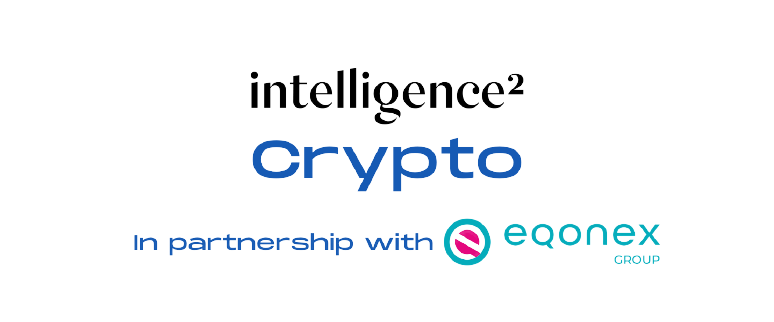
Since the world economy was plunged into crisis as a result of the COVID-19 pandemic many analysts have predicted a period of great instability. In normal times investors would seek to hedge against volatility by buying gold. But this time some are putting their money elsewhere – into Bitcoin and other digital currencies. And that raises a fundamental question: Will gold or Bitcoin be the dominant asset of the future?
While gold has at least a 2,500-year head start as a widely accepted, global medium of exchange and value, Bitcoin supporters argue it can be expensive to store and tricky to transfer across borders in its physical form. Gold can be easily confiscated and it isn’t particularly divisible in a hurry. Bitcoin, however, has none of these drawbacks. The supply is inelastic and capped (only 21 million digital coins will ever exist). You can send it around the world as easily as you would an email. And It’s fungible, resilient, verifiable, independent of any government and easily divisible. In the minds of millennial investors, there’s no doubt that digital currencies like Bitcoin are the asset of the future.
Let’s come back to earth, say gold’s defenders. Bitcoin may have passed a lot of milestones but none of its achievements give it any intrinsic value. Gold is a stable store of value because it has been used in jewelry and decorative arts for thousands of years. You can’t wear a Bitcoin bracelet and the value of cryptocurrencies is far more speculative than that of gold. Even some crypto conferences refuse to accept Bitcoin as payment for attendance fees because volatile price changes can wipe out a merchant’s profit margin within a matter of hours. Gold, on the other hand, is a tried and tested asset held by investors and central banks to the tune of $3.7 trillion. If inflation is coming you want to hold a real asset that can hedge against it — something that can’t be inflated away by relentless money creation and currency debasement. That asset is gold, not the speculative bubble of Bitcoin. And just in case you haven’t heard, inflation might be back – in a big way.
Who’s right and who’s wrong?

Speakers subject to change.